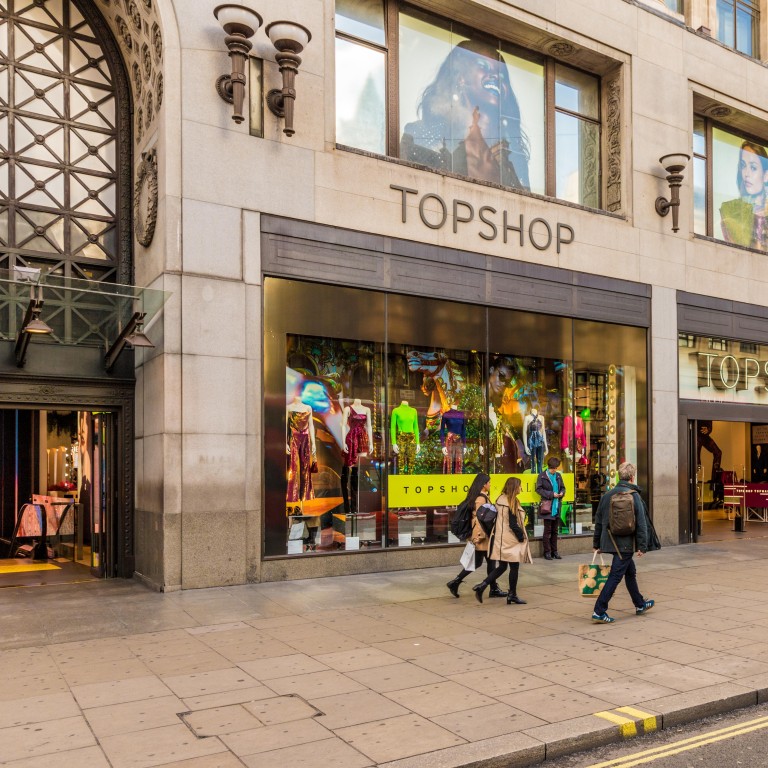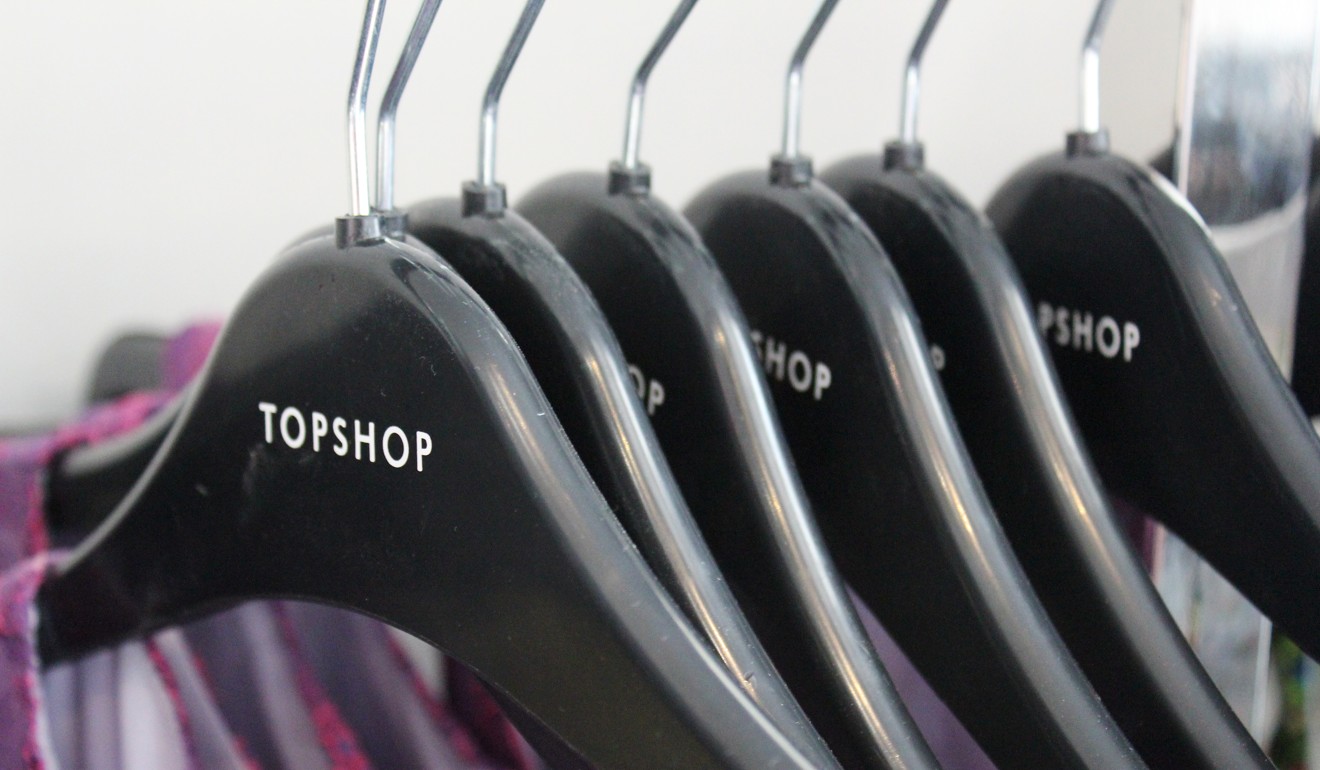
Billionaire Philip Green tries to ditch stores before Arcadia restructure
- The billionaire owner of the retail group which includes Topshop and Dorothy Perkins is seeking to close its worst-performing outlets and slash rent costs
Philip Green is trying to quietly vacate one in 10 of his high-street stores before launching a controversial restructuring of his Arcadia fashion empire.
The embattled billionaire is working on a plan that will enable his retail group, which includes Topshop and Dorothy Perkins, to close its worst-performing outlets and slash rent costs.
On Thursday, it emerged that a list of 67 of the more desirable stores within Arcadia’s 570-strong network is currently being shared in property circles to see if rival chains can be persuaded to take over the leases.
Included in the document, seen by the Financial Times, were branches of Topshop, Dorothy Perkins and Miss Selfridge in well-known shopping centres, such as the MetroCentre in Gateshead, as well as on provincial high streets.
The list is understood to contain stores in good locations that have been flagged to potential new occupiers. The total number of stores being reviewed by Arcadia is likely to be larger.
The Guardian has learned that accountants working for Arcadia have held talks with major retail property landlords in recent days to ask for substantial rent cuts and store closures.
Last week, it emerged that Green was exploring a company voluntary arrangement, a form of insolvency used by struggling retailers to jettison unwanted stores and reduce their bills.
There has been a flurry of CVAs in recent months, with New Look, Mothercare and Carpetright among the companies that have used them to shut stores and cut rents as retailers battle rising costs and falling sales.
CVAs are typically seen as a last resort used by businesses that otherwise face administration. House of Fraser and BHS both embarked on them but later collapsed.
Arcadia’s profits have fallen sharply in recent years as the fashion group, which also has hundreds of department store concessions, has lost young shoppers to online stores such as Asos and Boohoo.
With a personal fortune of 2 billion pounds (US$2.61 billion), Green could face an uphill struggle to persuade landlords to lower rents or take back the keys to unwanted shops. Accountants from Deloitte have been hired to help.

His situation could be complicated by the fact that his fashion brands – which also include Wallis, Evans and Burton – are run as different businesses. A further problem could be the group’s ownership structure, because the principal company in the empire is owned by Green’s wife, Tina, who is based in Monaco.
Any reorganisation of Arcadia will also be closely monitored by the Pensions Regulator and the government’s pension lifeboat, because its two pension schemes have a combined deficit of nearly 1 billion pounds (calculated on the basis of an insurance company taking over and promising to honour all pension commitments).
Arcadia’s problems come at a time when other major retailers are facing an uncertain future. Debenhams is buckling under the weight of a 560 million pound debt mountain and the department store chain, which looks set to be taken over by its lenders, is trying to raise 200 million pounds to stay in business and press on with a turnaround plan in which up to 50 of 165 stores are likely to close.
Green’s reputation was shredded by the high-profile collapse of BHS, a year after he sold it for 1 pound. About 11,000 workers lost their jobs. More recently, Green has faced scrutiny over accusations of inappropriate behaviour by former staff members.
BHS had a pension deficit of 571 million pounds when it failed. After months of pressure, Green eventually agreed to hand over 363 million pounds to the scheme in a deal with the regulator.
Arcadia confirmed last week that it was “exploring several options” to enable the business, which has annual sales of close to 2 billion pounds, to “operate in a more efficient manner”.


